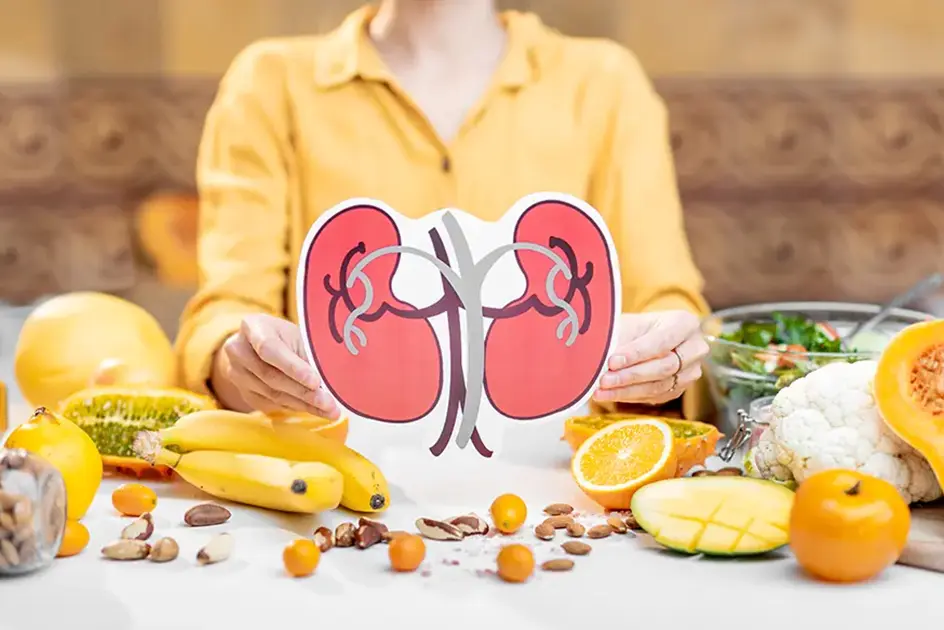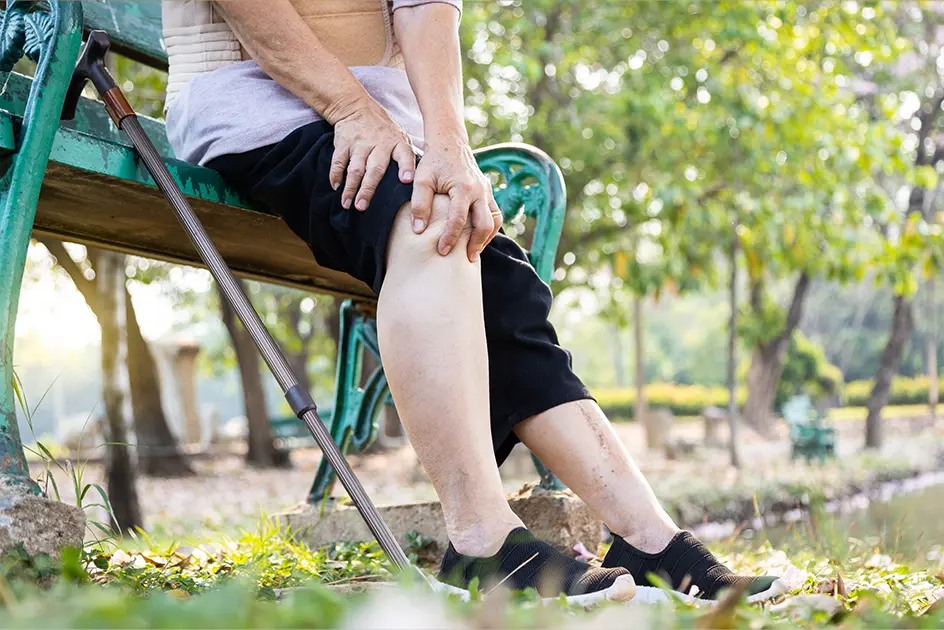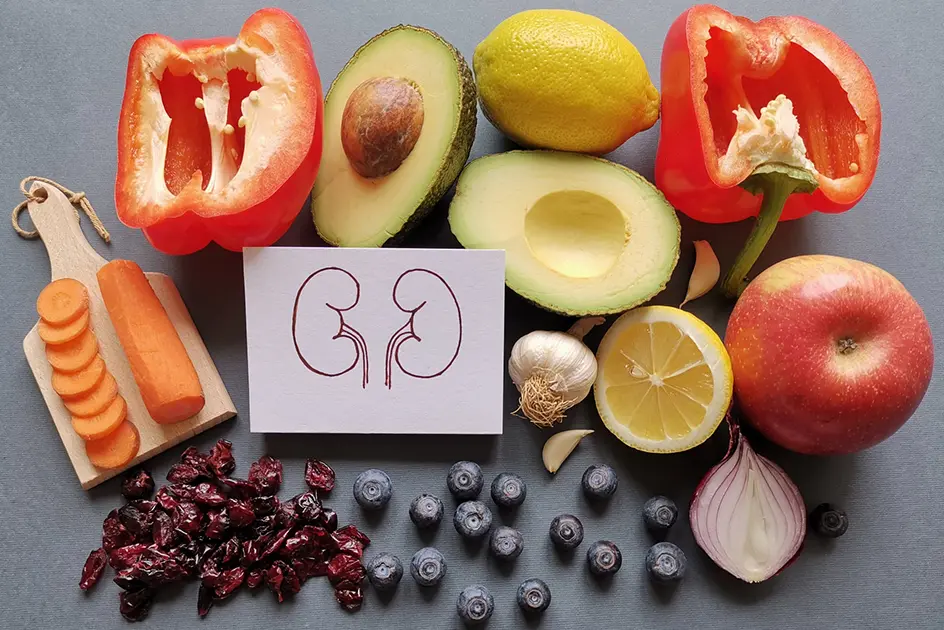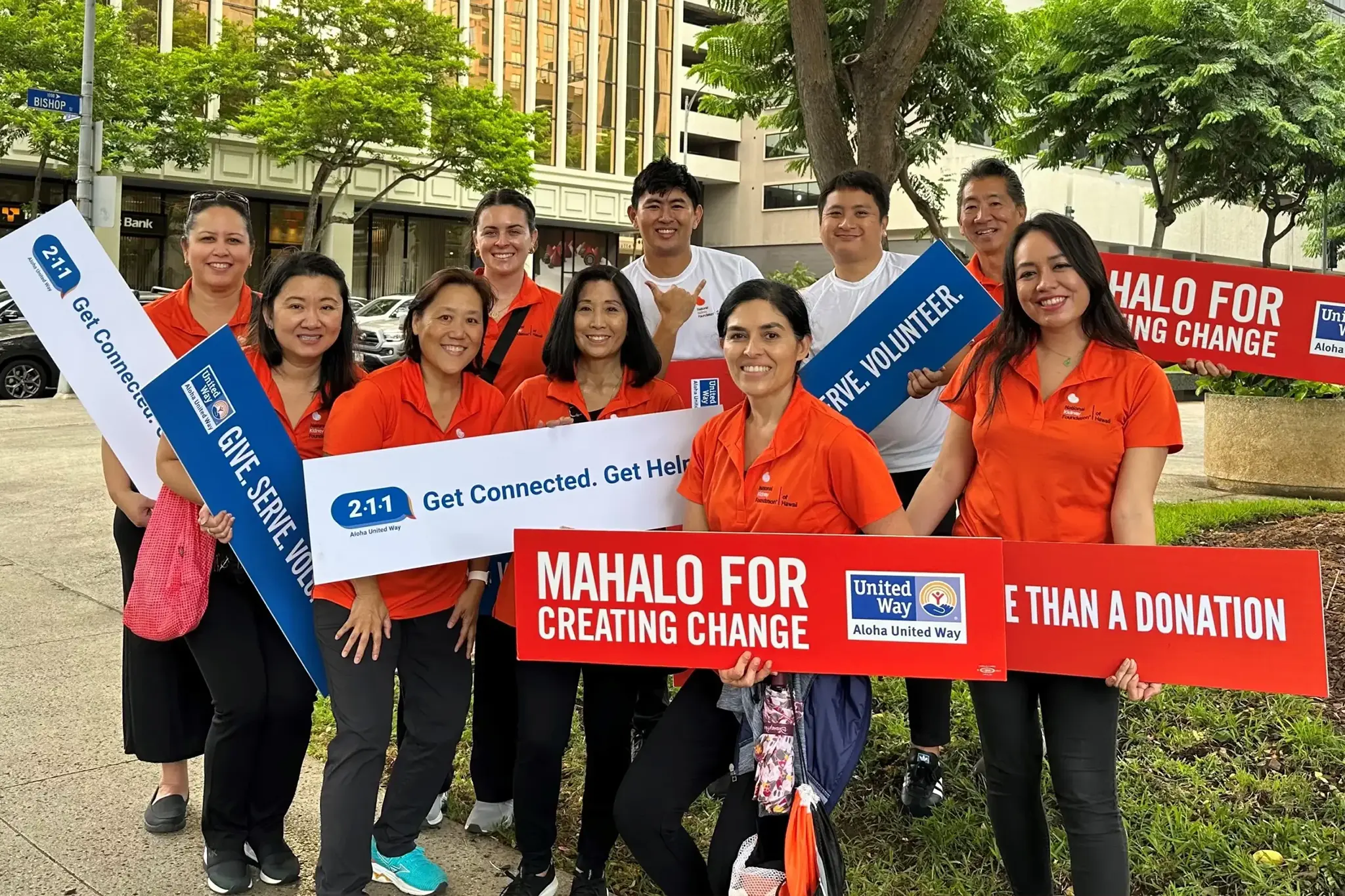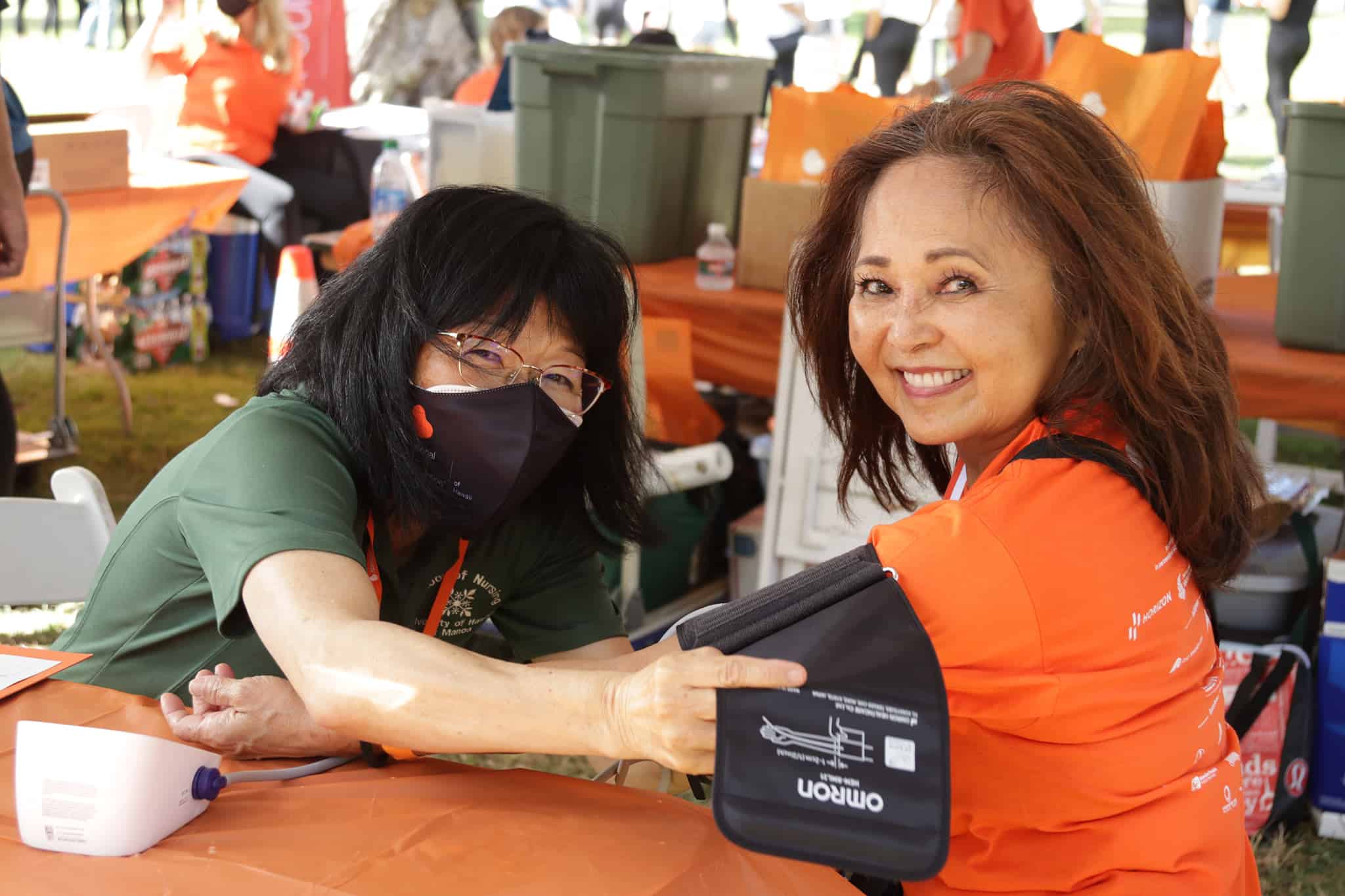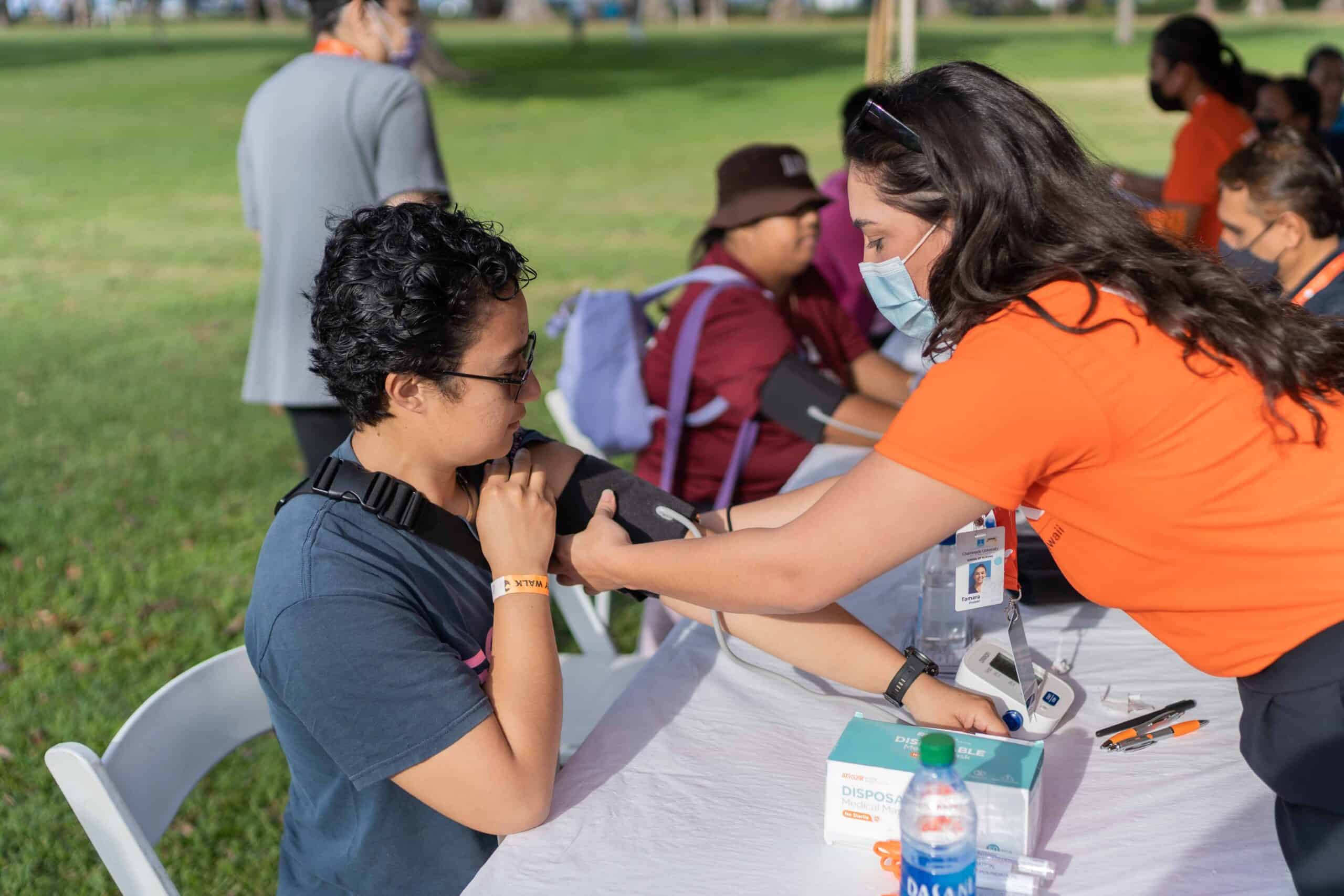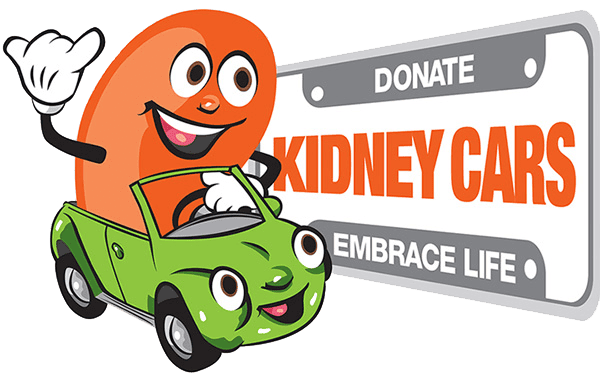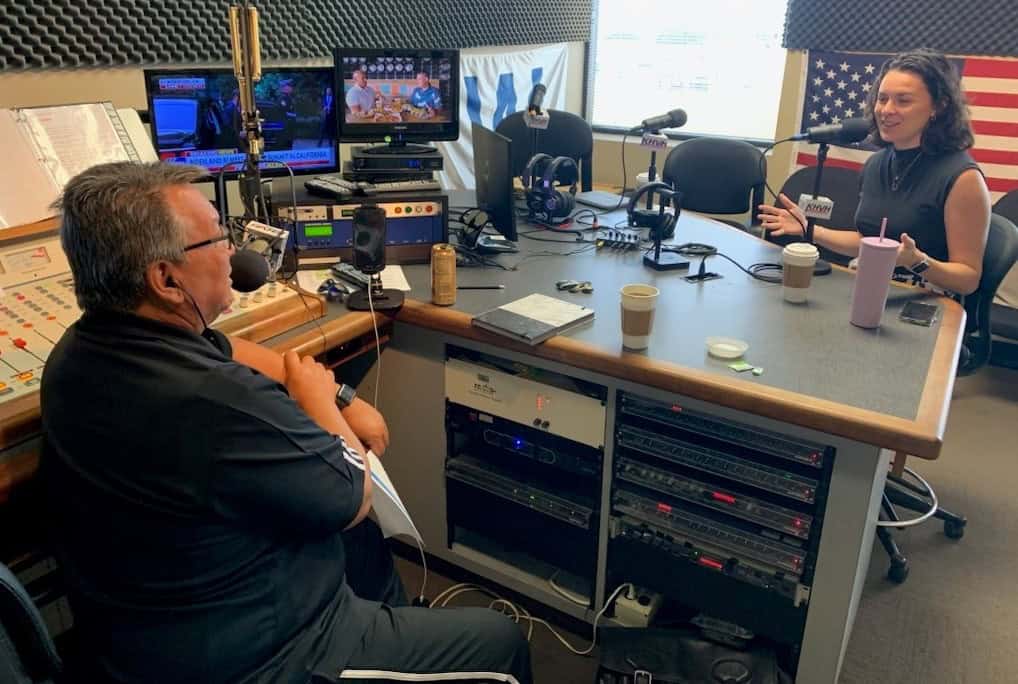In a recent installment of the "Sustaining Hawaii Radio Show," Rick Hamada sat down with Jenna Copley, a registered dietitian from the National Kidney Foundation of Hawaii, to discuss the crucial role of diet and exercise in maintaining kidney and heart health. This summary captures their comprehensive dialogue, highlighting Jenna’s expert insights on managing sodium intake, the importance of moderate exercise, and the benefits of professional dietary guidance. Their conversation offers valuable advice for anyone looking to improve their health through informed lifestyle choices.
Rick: Jenna, starting with basics, why is managing sodium intake critical for our heart and kidney health?
Jenna: Managing sodium is crucial because it significantly affects blood pressure control, which is key to preventing heart disease and reducing strain on the kidneys. High blood pressure is a leading risk factor for kidney disease, and reducing sodium intake helps to mitigate this risk effectively.
Rick: There’s often debate around MSG in cooking. What should our listeners know about this?
Jenna: MSG, or monosodium glutamate, enhances flavor but adds to the overall sodium content, which can be a concern. Although it's generally safe in small amounts, for those with kidney issues or hypertension, it's better to favor natural seasonings that don't contribute to sodium intake.
Rick: Soy sauce is popular in many dishes. How does its sodium content impact our diet?
Jenna: Soy sauce is very high in sodium. Just one tablespoon contains about 900 milligrams of sodium, which is a significant portion of the recommended daily limit of 2,300 milligrams, or even 1,500 milligrams for those at risk of heart disease or kidney problems. Opting for low-sodium alternatives or using smaller amounts can help manage sodium intake.
Rick: Can you share some simple strategies for reducing sodium in everyday meals?
Jenna: Sure, cooking at home is a great start, as it allows full control over what goes into your meals. Use alternatives like herbs, spices, and citrus to flavor dishes instead of salt. Always check food labels and choose options with lower sodium levels, and try rinsing canned foods to wash away some of the added sodium.
Rick: Moving on to physical activity, how much exercise is recommended for maintaining optimal kidney and heart health?
Jenna: For maintaining good health and particularly for supporting kidney and heart health, it’s recommended to engage in at least 150 minutes of moderate-intensity exercise each week. Activities like brisk walking, cycling, or swimming can greatly improve blood pressure, reduce weight, and enhance overall cardiovascular health.
Rick: How important is professional guidance, like from dietitians and nurses, in managing health?
Jenna: It’s incredibly important. Registered dietitians tailor nutrition plans to each individual's needs, crucial for managing diseases like kidney disease. Nurses provide essential health monitoring and patient education. Together, they play a vital role in guiding patients through their health journey, especially when lifestyle changes are necessary.
Rick: Reflecting on your career, what have you found most impactful about your role at the National Kidney Foundation?
Jenna: Educating and empowering people about how diet impacts their health has been incredibly rewarding. Seeing individuals take control of their health with the knowledge we provide is truly fulfilling. It’s about making real changes that improve their quality of life.
Rick: Jenna, you’ve mentioned before that a key lesson from your college years was the importance of moderation. How does that apply in your educational outreach?
Jenna: Yes, one of the most valuable lessons I learned is that moderation is key in all aspects of life, especially diet. In our programs, we stress not just cutting out harmful foods completely but learning how to enjoy them in moderation while maintaining a balanced diet. This approach is sustainable and realistic for long-term health management.
Rick: What are the primary goals for the Kidney Walk this year?
Jenna: The Kidney Walk aims to raise awareness about kidney disease and the importance of early detection and lifestyle management. It’s also a key fundraising event that enables us to continue our outreach and support for individuals affected by kidney disease.
Rick: For someone motivated to start improving their diet today, what would be your top recommendation?
Jenna: I’d suggest starting with the basics: increase your intake of fruits and vegetables, and decrease processed foods and red meats. These changes can help significantly in managing blood pressure and reducing risk factors for kidney disease.
Rick: Lastly, how can our listeners keep informed and engage with kidney health initiatives?
Jenna: I encourage everyone to visit our website, follow our social media, and join our events like the Kidney Walk. We offer a wealth of resources, tips, and support for anyone looking to learn more about managing their kidney health effectively.
This post offers a concise summary of an enlightening episode of the "Sustaining Hawaii Radio Show," where Jenna Copley shared her extensive knowledge on nutrition and health management. The dialogue between Jenna and Rick provides practical tips and deep insights into how dietary choices impact our overall health, emphasizing moderation and the significance of professional guidance. For more informative discussions like this, be sure to tune into the "Sustaining Hawaii Radio Show" on AM 830, airing every first and third Wednesday of the month at 9 AM. If you’d like to listen to the entire discussion and gain even more valuable insights, please check out the full program at the widget below.

